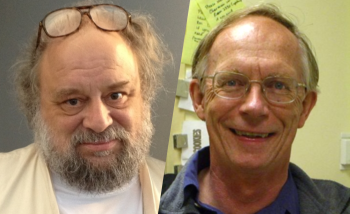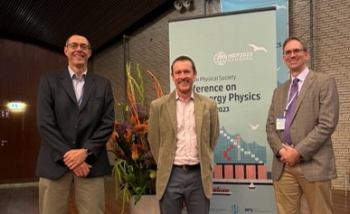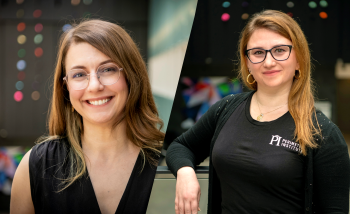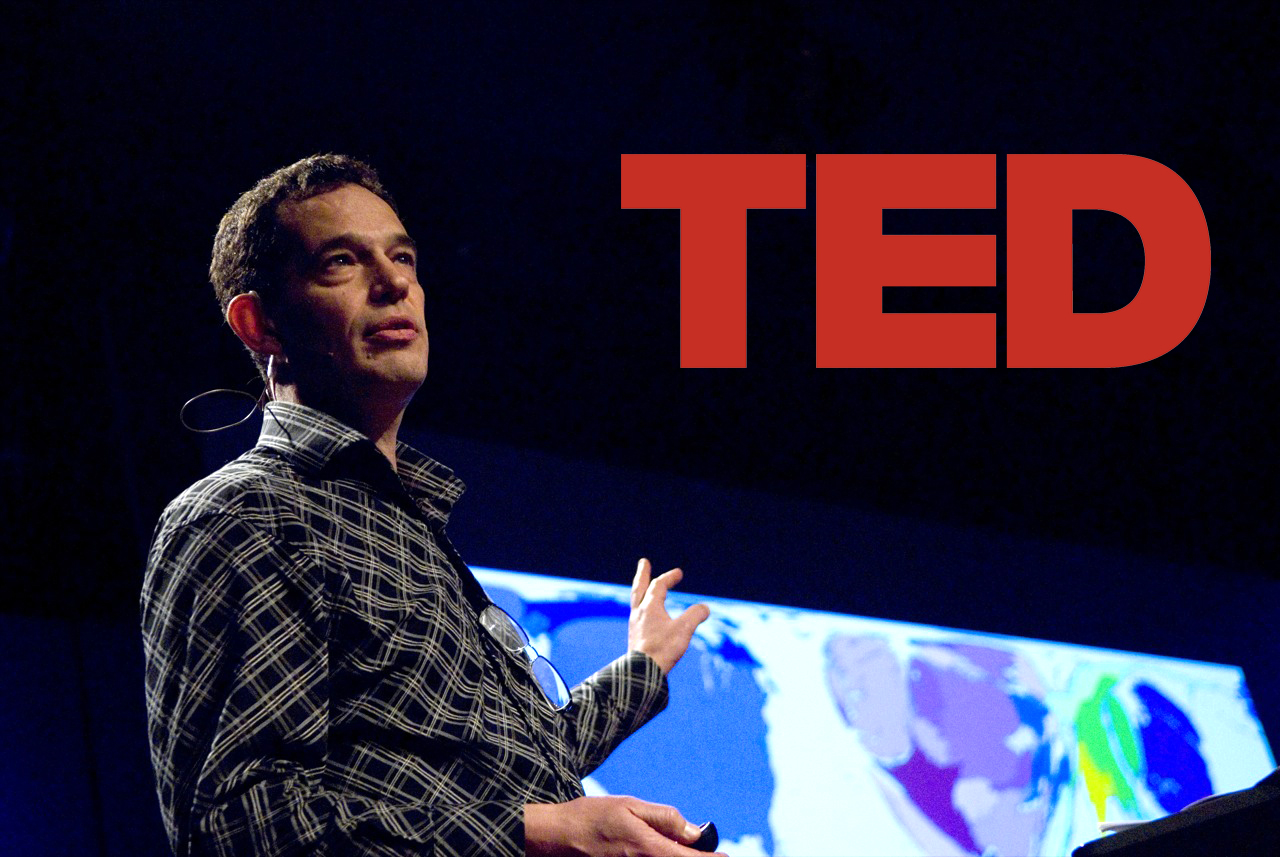As part of a project to fund world-changing ideas, Google has awarded US$2 million to the African Institute for Mathematical Sciences (AIMS) for its Next Einstein Initiative (NEI), a plan that will accelerate higher education in math and science across Africa.
AIMS is one of the winners of Google’s Project 10100, which gathered over 150,000 ideas from the public to change the world by helping as many people as possible. Google today donated $10 million to five organizations who will bring to life the top 5 ideas, as voted on by the public.
The Next Einstein Initiative took off in 2008 when Perimeter Institute (PI) Director Dr. Neil Turok, founder of AIMS in South Africa, won the TED Prize and announced his vision “to unlock and nurture scientific talent across Africa,” by building a network of 15 AIMS centres spanning the continent.
Google’s award to AIMS-NEI will support the creation of three new AIMS centres by 2013, planned in Sénégal, Ghana and Ethiopia. The investment builds upon Google’s earlier contribution of US$1 million for scholarships at AIMS, which helped spur support from other private and public groups, including funding of CDN$20 million announced by the Government of Canada this past July.
Dr. Turok said, "We are deeply honoured to receive this support from Google’s Project 10100. The goal of AIMS and of the Next Einstein Initiative is simple: to enable Africa’s brightest students to gain the high-level scientific and technical skills they need to propel Africa’s future economic, educational and technological self-sufficiency. In the process of training many gifted students, we expect to uncover people of rare creative talent, capable of scientific and technical breakthroughs which will serve all of humanity.”
ABOUT AIMS AND NEI
The African Institute for Mathematical Sciences (AIMS) is a globally recognized centre of excellence for postgraduate education and research based in Cape Town, South Africa. Its mission is to rapidly and cost-effectively expand Africa’s scientific and technological capacity by providing advanced training to exceptional African graduates.
Since its establishment in 2003, 305 students, 30% of them women, from 31 African countries have graduated from the AIMS centre in South Africa. Their track record is outstanding, with over 95% continuing to Masters and PhD degrees and the vast majority remaining in Africa to apply their skills in African universities, research centres, government, NGOs and industry. The South African government has supported AIMS from its inception and currently provides the centre in Cape Town with funding of around US$1.3 million per annum in support of its teaching and research programs.
The Next Einstein Initiative (NEI) is a strategic plan to build on the success of the first AIMS centre and create a coordinated pan-African network of 15 AIMS centres by 2020, producing 750 well-qualified graduates per annum. The venture is rapidly gaining momentum through partnerships and support involving governments, academia, and personal and corporate philanthropy.
AIMS-NEI is designed to harness Africa’s most abundant natural resource: the talent and drive of the continent’s brightest young minds. The network of AIMS centres will provide the environment for exceptional talents to emerge and flourish, feeding a stream of thousands of skilled alumni into government, industry, research and academia. AIMS graduates will form a highly skilled community, working towards the economic, political and educational self-sufficiency of Africa.
African leaders have stepped forward to express strong support for AIMS-NEI. In May 2010, President Abdoulaye Wade designated the creation of an AIMS centre in Sénégal as a top national priority, committing US$1.3 million towards construction of AIMS-Sénégal and awarding Dr. Turok “la médaille de l’Ordre National du Lion”, Sénégal’s highest state honour. The African Union and the New Partnership for Africa’s Development (NEPAD) have also endorsed the AIMS-NEI plan.
Further exploration
About PI
Perimeter Institute is the world’s largest research hub devoted to theoretical physics. The independent Institute was founded in 1999 to foster breakthroughs in the fundamental understanding of our universe, from the smallest particles to the entire cosmos. Research at Perimeter is motivated by the understanding that fundamental science advances human knowledge and catalyzes innovation, and that today’s theoretical physics is tomorrow’s technology. Located in the Region of Waterloo, the not-for-profit Institute is a unique public-private endeavour, including the Governments of Ontario and Canada, that enables cutting-edge research, trains the next generation of scientific pioneers, and shares the power of physics through award-winning educational outreach and public engagement.
You might be interested in




